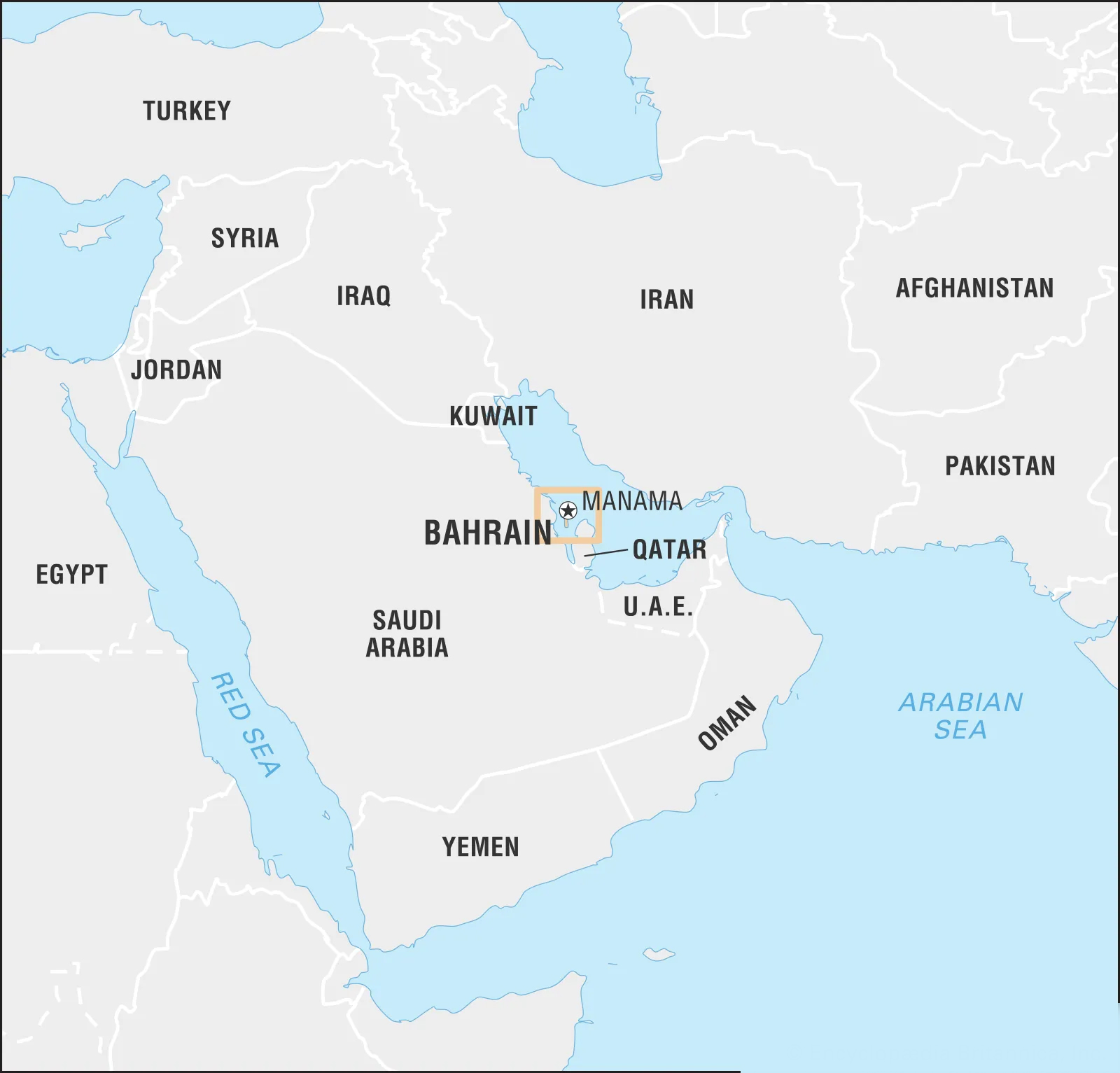Context:
India and Bahrain recently held their Fifth High Joint Commission (HJC) meeting in New Delhi on November 3, 2025. Co-chaired by India's External Affairs Minister S. Jaishankar and Bahrain's Foreign Minister Dr. Abdullatif bin Rashid Alzayani, the discussions focused on enhancing cooperation in areas including defence, security, trade, and investment.
Key Outcomes and Developments:
-
- Defence and Security: Both countries are looking to strengthen defence and security collaboration. India and Bahrain also reiterated their commitment to combating terrorism through various forms of cooperation, including intelligence sharing and capacity building.
- Trade and Investment: Negotiations have begun for a Comprehensive Economic Partnership Agreement (CEPA). Progress is being made on a Bilateral Investment Treaty (BIT), and both sides agreed to work towards a Double Taxation Avoidance Agreement (DTAA).
- Other Areas of Cooperation: Cooperation in health, space technology, fintech, culture, and tourism were also discussed. India has also introduced an e-visa system for Bahraini nationals to facilitate travel.
- Defence and Security: Both countries are looking to strengthen defence and security collaboration. India and Bahrain also reiterated their commitment to combating terrorism through various forms of cooperation, including intelligence sharing and capacity building.
Strategic Significance:
1. Regional Security: Strengthening defence ties helps ensure the security of maritime routes critical for global energy supplies.
2. Geopolitical Balance: India’s growing engagement with Bahrain enhances its influence in the Gulf, balancing regional power dynamics.
3. Economic Diversification: Trade and investment talks support India’s economic diplomacy while helping Bahrain achieve its economic diversification targets.
About Bahrain–India Relations:
Formal diplomatic relations between India and Bahrain began soon after Bahrain’s independence in 1971. India’s embassy in Manama opened in January 1973; Bahrain’s embassy in New Delhi opened in March 2007.
-
- Bilateral trade is steadily growing: For example, trade stood around USD 1.7 billion in recent years.
- Bahrain is a key partner for India in the Gulf region, especially given its role in regional security architecture and its location in the Arabian Gulf.
- Cooperation covers maritime security, cyber‑security, and counter‑terrorism.
- India values Bahrain’s support within the Gulf Cooperation Council (GCC) context and views strengthening ties with Bahrain as part of its broader Gulf / Indian Ocean Region strategy.
- Bilateral trade is steadily growing: For example, trade stood around USD 1.7 billion in recent years.
Conclusion:
The India-Bahrain talks reflect a shared vision of deeper strategic and economic cooperation. By expanding defence collaboration and trade ties, both nations aim to strengthen bilateral relations, promote regional stability, and boost mutual prosperity. These discussions are part of India’s broader effort to enhance partnerships in the Gulf and Indian Ocean region.







